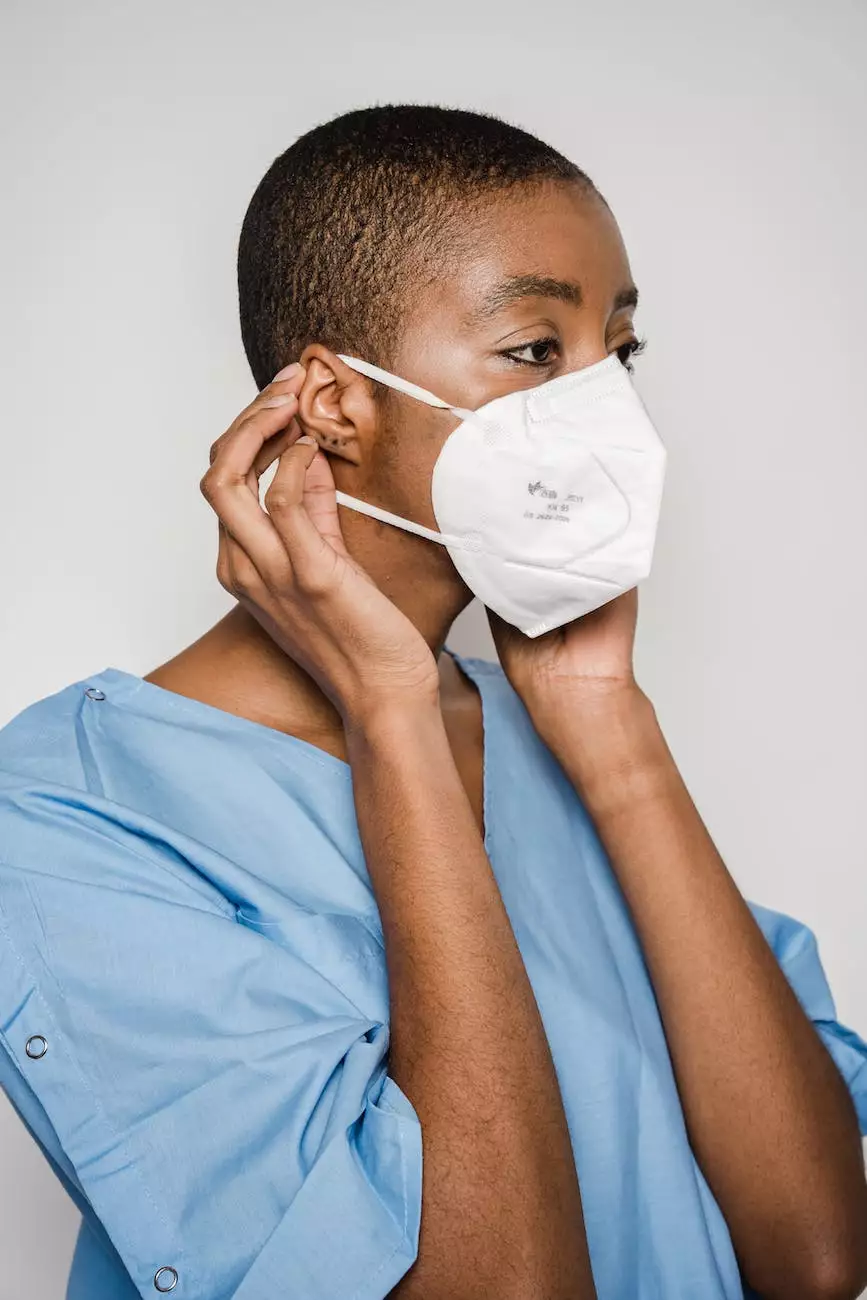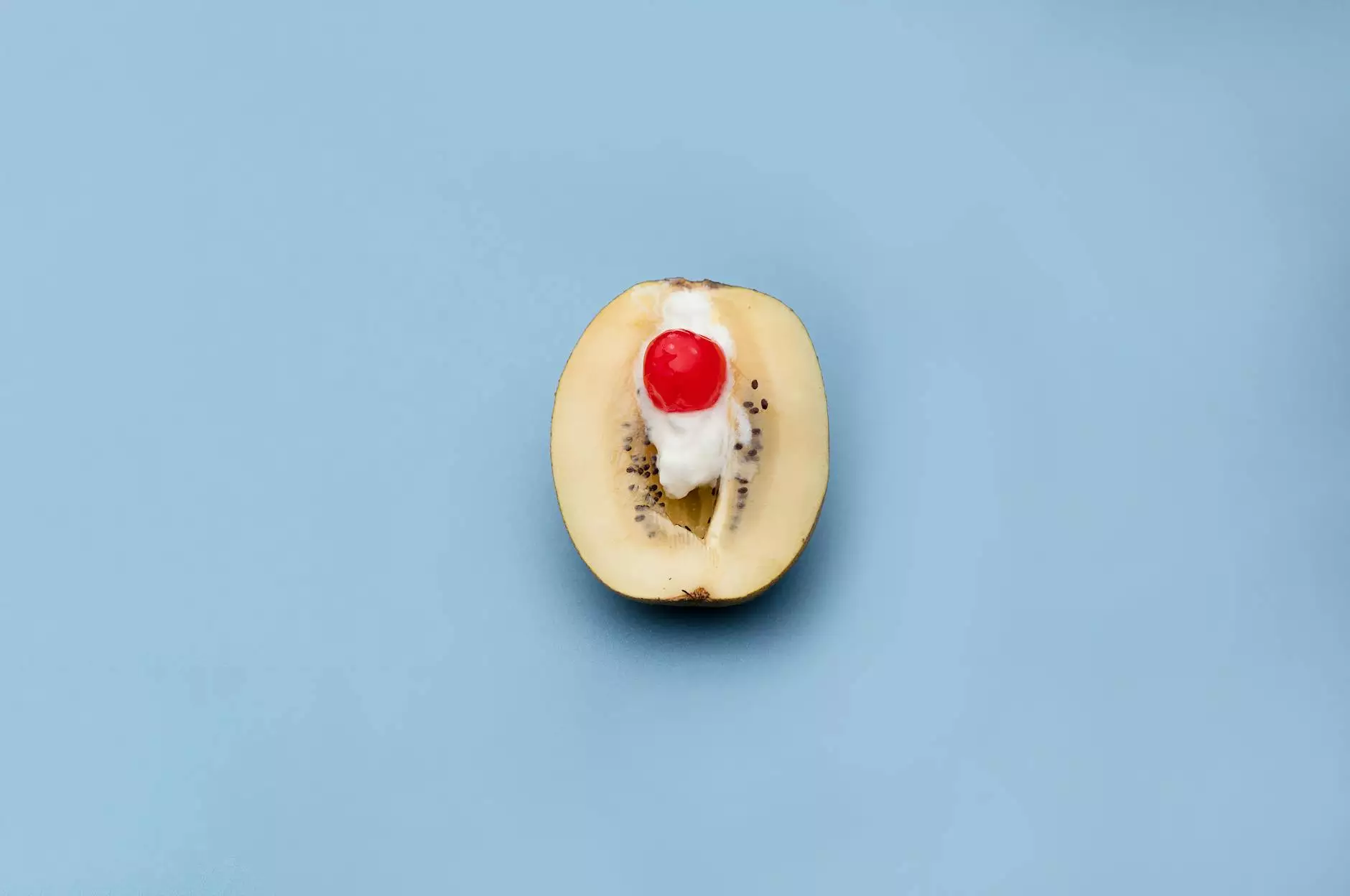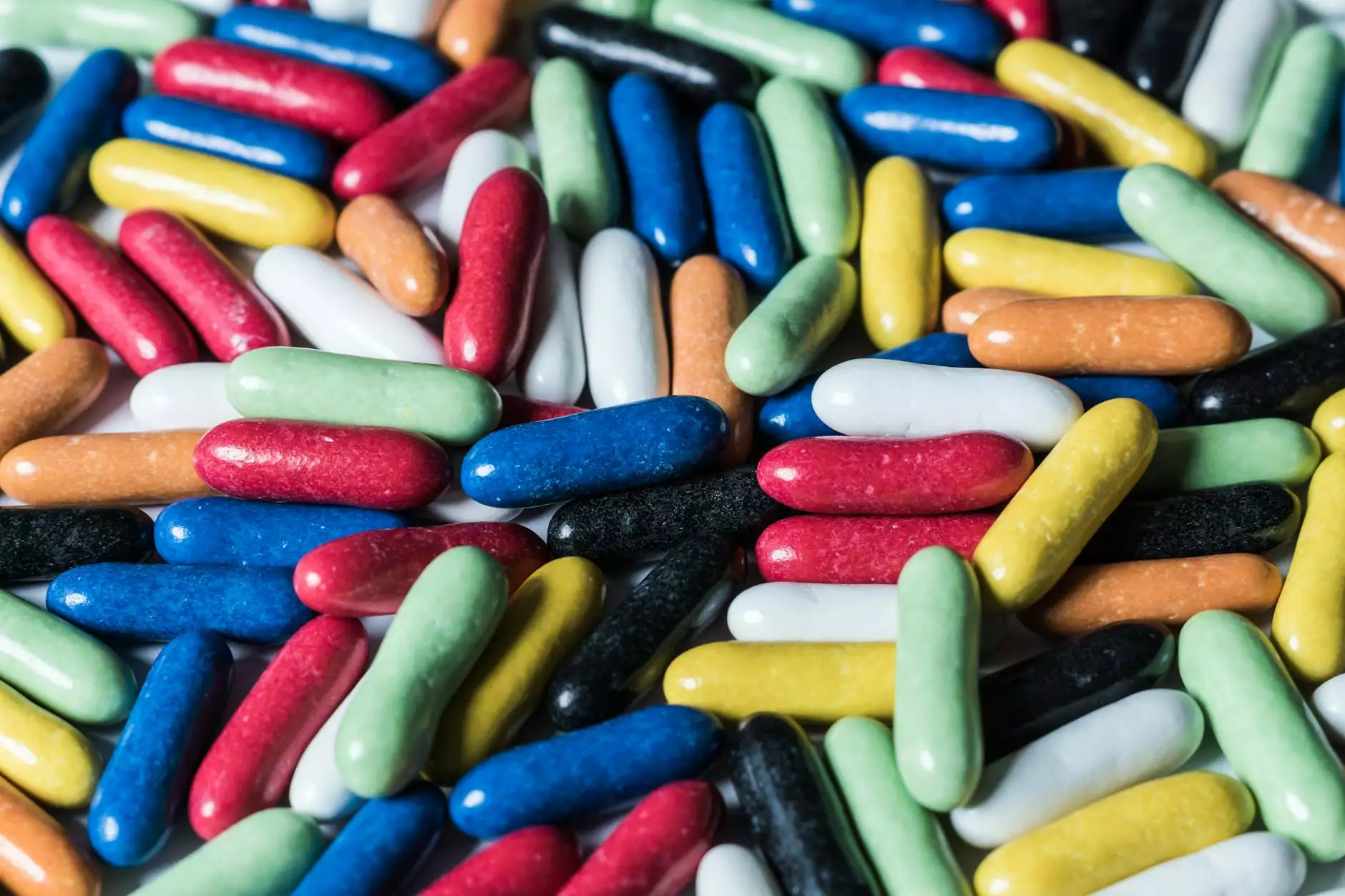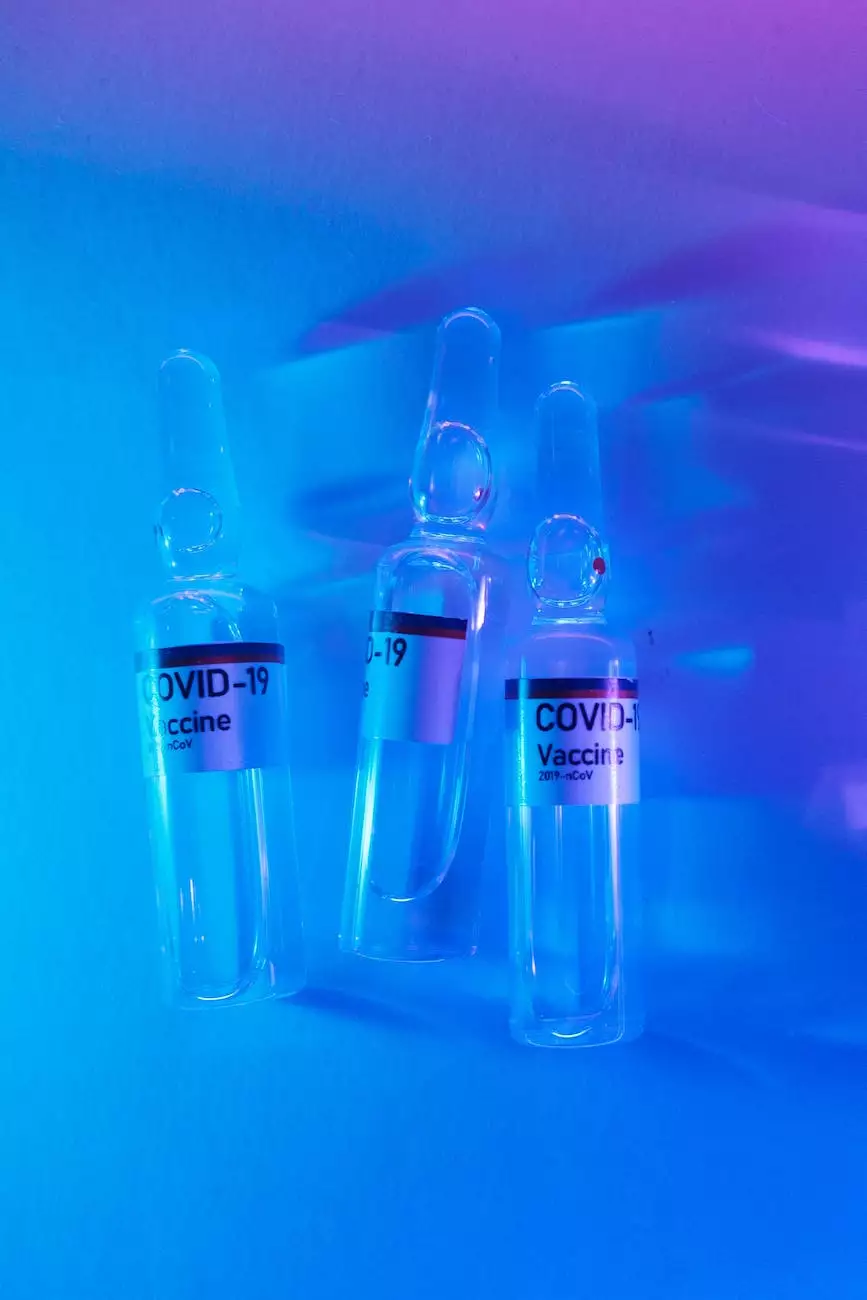Iron-Deficiency Anemia
Biologic Therapies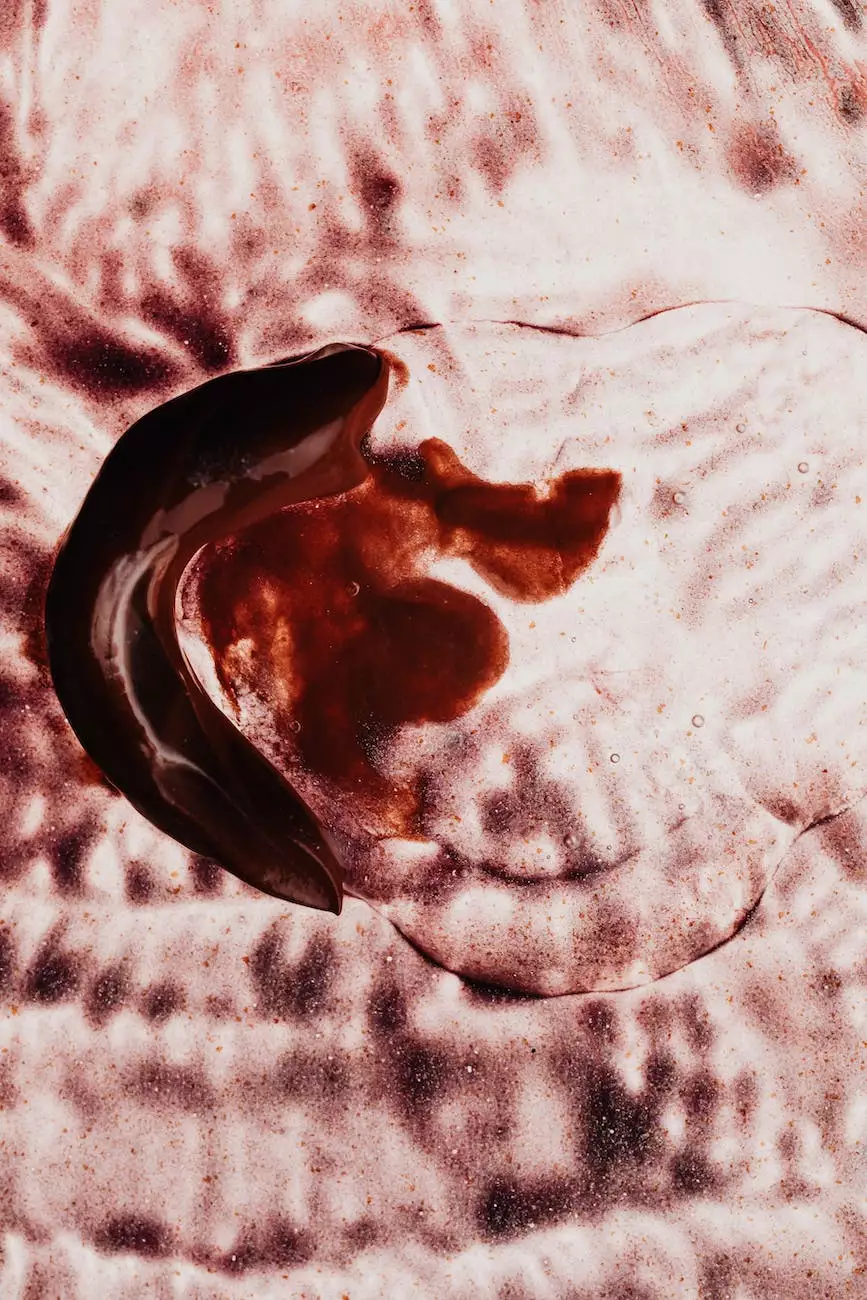
Understanding Iron-Deficiency Anemia
Welcome to the informational page on iron-deficiency anemia provided by Sexual Health Education & Economic Telehealth Services, a trusted resource in the field of sexual health. In this article, we will explore the causes, symptoms, and treatment options for iron-deficiency anemia.
What is Iron-Deficiency Anemia?
Iron-deficiency anemia is a common type of anemia that occurs when your body lacks enough iron to produce sufficient amounts of hemoglobin. Hemoglobin is a protein found in red blood cells and is responsible for carrying oxygen throughout the body.
Causes of Iron-Deficiency Anemia
There are several potential causes of iron-deficiency anemia, including:
- Inadequate iron intake through diet
- Chronic blood loss due to gastrointestinal disorders
- Menstruation in women, especially heavy menstrual bleeding
- Pregnancy and breastfeeding
- Intestinal malabsorption disorders
Signs and Symptoms
The symptoms of iron-deficiency anemia can vary from mild to severe and may include:
- General fatigue and weakness
- Pale skin and nails
- Shortness of breath
- Dizziness or lightheadedness
- Headaches
- Irritability
- Brittle nails
- Unusual cravings for non-food items (pica)
Diagnosis and Treatment
If you suspect you have iron-deficiency anemia, it is important to consult a healthcare professional for proper diagnosis and guidance. They may perform a physical examination, order blood tests to check your iron levels, and recommend further testing if necessary. Treatment options may include:
- Iron supplements: Your doctor may prescribe iron supplements to help replenish your iron levels.
- Dietary changes: They may also advise incorporating iron-rich foods into your diet, such as lean meats, fortified cereals, spinach, and legumes.
- Treating underlying causes: If iron-deficiency anemia is caused by an underlying condition, your healthcare provider will address and treat that condition accordingly.
Preventing Iron-Deficiency Anemia
Prevention is crucial, especially for individuals prone to developing iron-deficiency anemia. Some tips to help prevent this condition include:
- Eating a well-balanced diet rich in iron, vitamins, and minerals
- Consuming iron-boosting foods, such as red meat, poultry, seafood, and dark, leafy greens like spinach
- Pairing iron-rich foods with vitamin C sources to enhance iron absorption
- Discussing iron supplementation with your healthcare provider, if needed
- Managing underlying health conditions that can lead to chronic blood loss or malabsorption
Conclusion
In summary, iron-deficiency anemia is a common condition that can have a significant impact on your overall health and well-being. By understanding the causes, symptoms, and treatment options outlined in this article, you are better equipped to recognize the signs and seek appropriate medical care. For comprehensive information on sexual health, including telehealth services, Sexual Health Education & Economic Telehealth Services is here to assist you.

